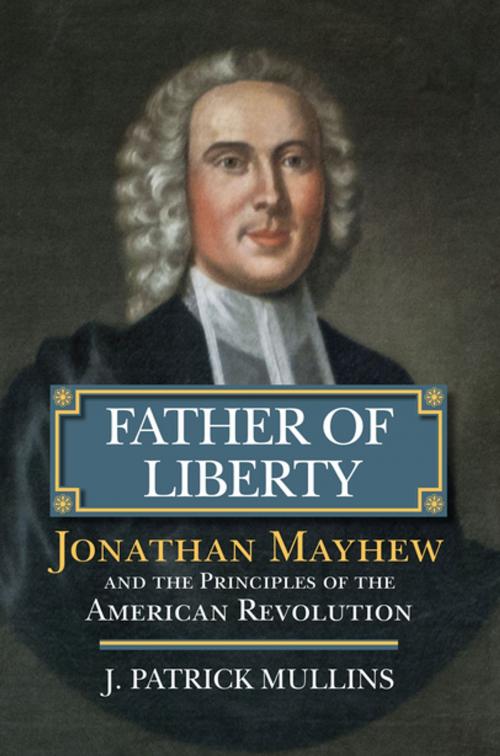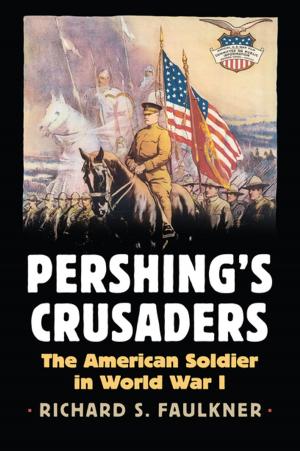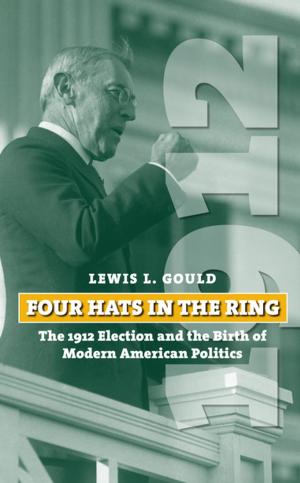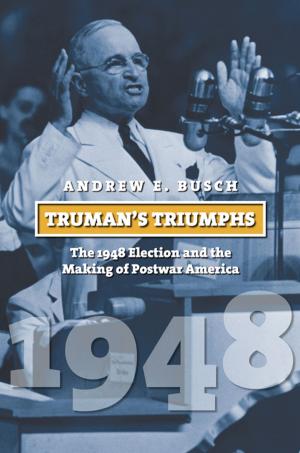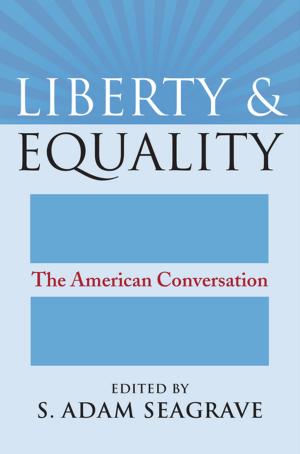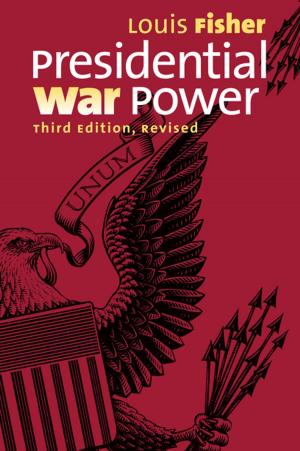Father of Liberty
Jonathan Mayhew and the Principles of the American Revolution
Nonfiction, History, Americas, United States, Colonial Period (1600-1775), Social & Cultural Studies, Political Science, Politics, History & Theory| Author: | Patrick Mullins | ISBN: | 9780700624492 |
| Publisher: | University Press of Kansas | Publication: | June 23, 2017 |
| Imprint: | University Press of Kansas | Language: | English |
| Author: | Patrick Mullins |
| ISBN: | 9780700624492 |
| Publisher: | University Press of Kansas |
| Publication: | June 23, 2017 |
| Imprint: | University Press of Kansas |
| Language: | English |
Dr. Jonathan Mayhew (1720–1766) was, according to John Adams, a “transcendental genius . . . who threw all the weight of his great fame into the scale of the country in 1761, and maintained it there with zeal and ardor till his death.” He was also, J. Patrick Mullins contends, the most politically influential clergyman in eighteenth-century America and the intellectual progenitor of the American Revolution in New England. Father of Liberty is the first book to fully explore Mayhew’s political thought and activism, understood within the context of his personal experiences and intellectual influences, and of the cultural developments and political events of his time. Analyzing and assessing his contributions to eighteenth-century New England political culture, the book demonstrates Mayhew’s critical contribution to the intellectual origins of the American Revolution.
As pastor of the Congregationalist West Church in Boston, Mayhew championed the principles of natural rights, constitutionalism, and resistance to tyranny in press and pulpit from 1750 to 1766. He did more than any other clergyman to prepare New England for disobedience to British authority in the 1760s—and should, Mullins argues, be counted alongside such framers and fomenters of revolutionary thought as James Otis, Patrick Henry, and Samuel Adams. Though many commentators from John Adams on down have acknowledged his importance as a popularizer of Whig political principles, Father of Liberty is the first extended, in-depth examination of Mayhew’s political writings, as well as the cultural process by which he engaged with the public and disseminated those principles. As such, even as the book restores a key figure to his place in American intellectual and political history, it illuminates the meaning of the Revolution as a political and constitutional conflict informed by the religious and political ideas of the British Enlightenment.
Dr. Jonathan Mayhew (1720–1766) was, according to John Adams, a “transcendental genius . . . who threw all the weight of his great fame into the scale of the country in 1761, and maintained it there with zeal and ardor till his death.” He was also, J. Patrick Mullins contends, the most politically influential clergyman in eighteenth-century America and the intellectual progenitor of the American Revolution in New England. Father of Liberty is the first book to fully explore Mayhew’s political thought and activism, understood within the context of his personal experiences and intellectual influences, and of the cultural developments and political events of his time. Analyzing and assessing his contributions to eighteenth-century New England political culture, the book demonstrates Mayhew’s critical contribution to the intellectual origins of the American Revolution.
As pastor of the Congregationalist West Church in Boston, Mayhew championed the principles of natural rights, constitutionalism, and resistance to tyranny in press and pulpit from 1750 to 1766. He did more than any other clergyman to prepare New England for disobedience to British authority in the 1760s—and should, Mullins argues, be counted alongside such framers and fomenters of revolutionary thought as James Otis, Patrick Henry, and Samuel Adams. Though many commentators from John Adams on down have acknowledged his importance as a popularizer of Whig political principles, Father of Liberty is the first extended, in-depth examination of Mayhew’s political writings, as well as the cultural process by which he engaged with the public and disseminated those principles. As such, even as the book restores a key figure to his place in American intellectual and political history, it illuminates the meaning of the Revolution as a political and constitutional conflict informed by the religious and political ideas of the British Enlightenment.
